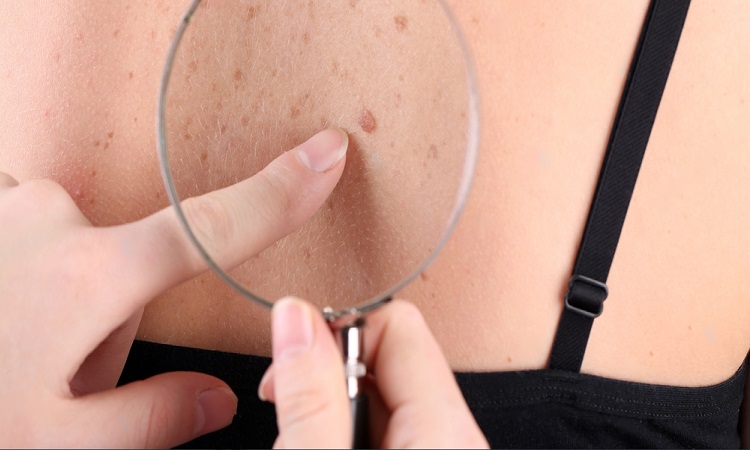Everyone has an assortment of spots and marks on their skin, and most cause no harm. However, some of these spots could indicate skin cancer. A skin cancer screening is a fast, non-invasive way to check for any issues. In most cases, a skin cancer screening is one of the preventative tests people should have every year after a certain age.
What is a Skin Cancer Screening?
A skin cancer screening is a non-invasive procedure where your skin is examined for any signs of skin cancer. Your doctor will check everywhere on your skin, including your scalp. They may also recommend additional scans or tests. Your doctor can check areas of skin that you cannot see, spotting moles or lesions you may not have noticed. They also know when an innocent-looking bump needs a second look.




